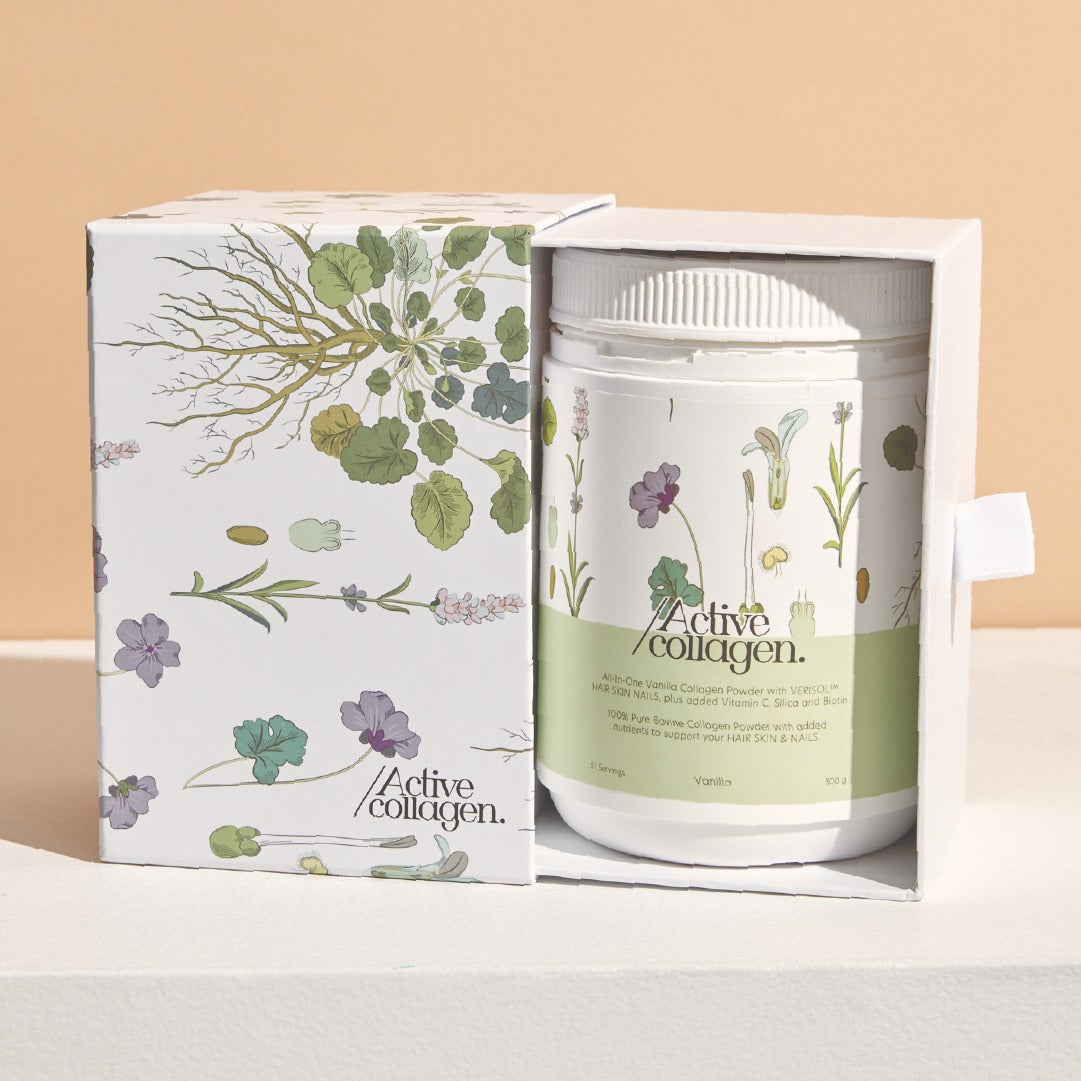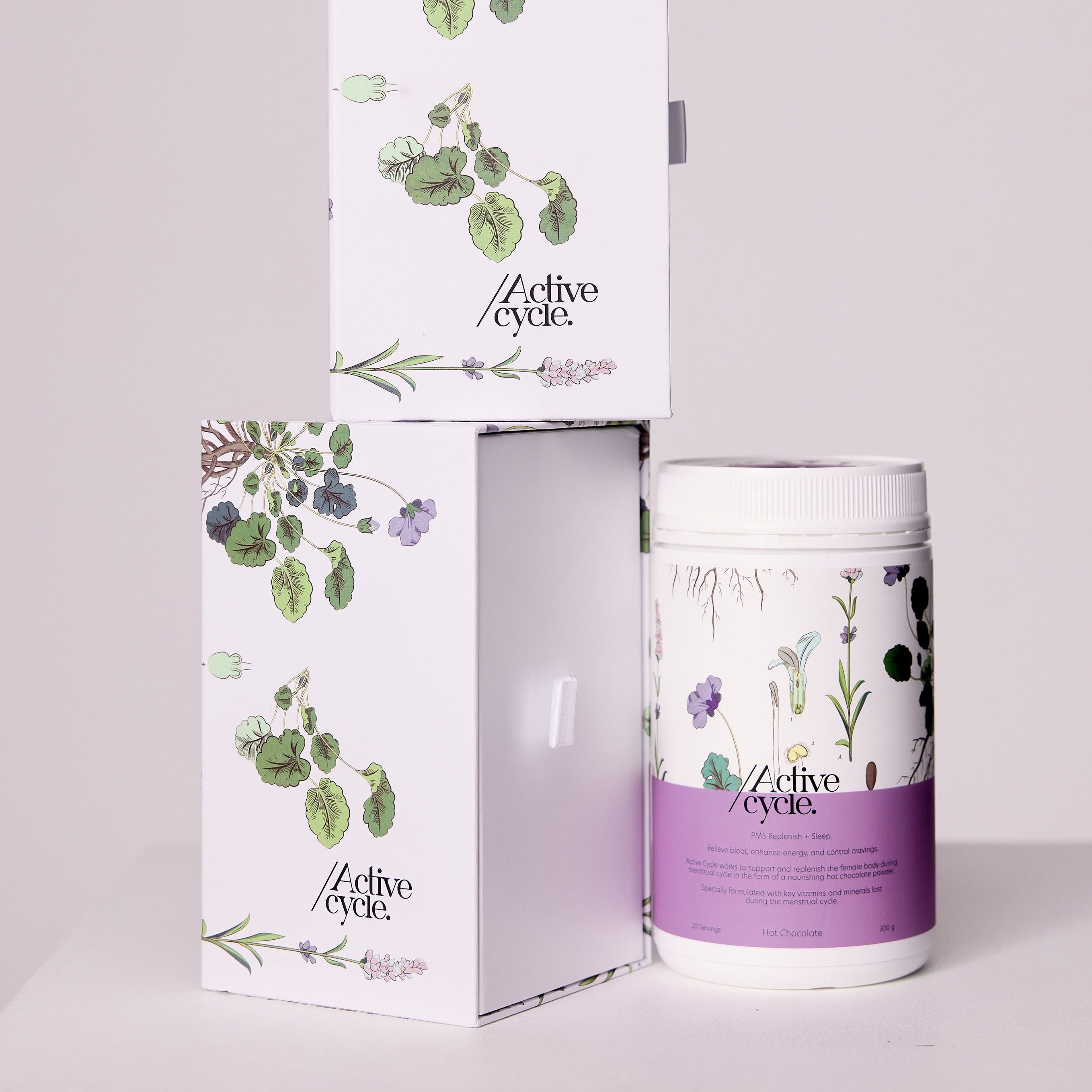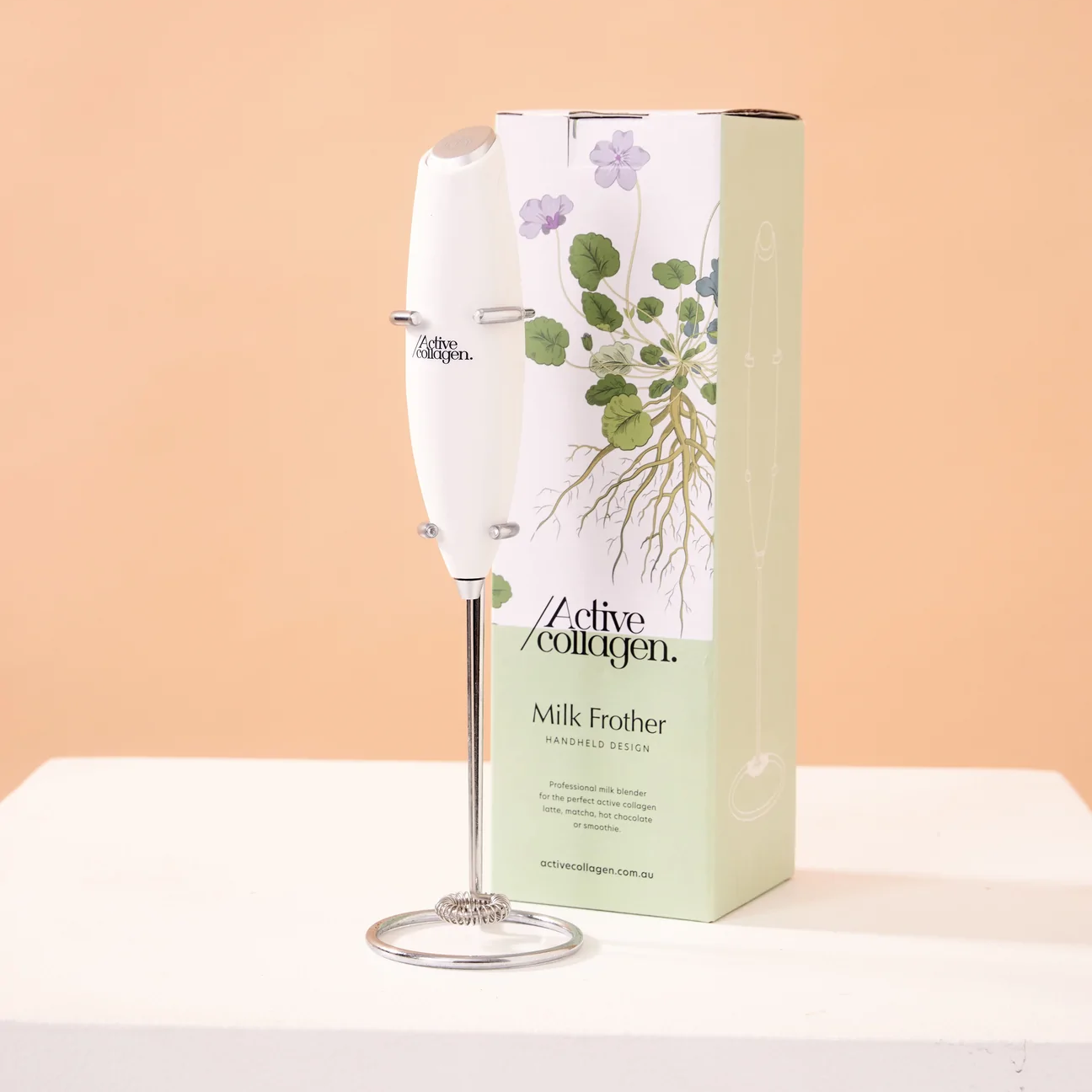Our skin is the largest organ of the body, and no doubt one organ everybody gives a lot of care and attention to. There are moisturisers, cleansers, oils and exfoliators that claim to do wonders for your skin. But there are also various nutrients in our diets that can have tremendous effects on skin health.
Skin isn’t just there for cosmetic effect, it is our external barrier against pollutants, sun exposure and bacteria. And it may come as a surprise that the skin is an active organ that synthesizes, processes and metabolises different proteins, lipids and molecules.
Supporting your skin from the inside out with the following essential nutrients is not only going to help it perform at its best but may also give you the healthy glow you’ve been looking for!
Omega 3 Fatty Acids
Unlike other fats found in the body, omega 3’s are a type of essential fatty acid that must be consumed through our diets. Food sources that contain high amounts of omega 3’s are oily fish – salmon and tuna -, flaxseeds and chia seeds, walnuts, avocadoes, fish oil and hemp oil. Interestingly, cold water, wild fish have the highest amounts of omega 3’s due to their diet of phytoplankton and zooplankton that are rich in omega 3’s.
Omega 3 is derived from a family of essential fatty acids, alpha-linolenic acid (ALA), as opposed to Omega 6 which is a linoleic acid (LA). Omega 3’s have a strong anti-inflammatory association with skin diseases such as psoriasis, atopic dermatitis and acne. Supplementation of fish oil has shown clinical skin improvements in many studies such as decreasing severity of atopic dermatitis during pregnancy and increasing cutaneous hydration in chronically dry skin. Also, high amounts of omega 3’s detected in breast milk offers natural protection from infants developing inflammatory skin conditions.
Coenzyme Q10
Or CoQ10 for short, is a fat-soluble substance that is made by the body and stored in fat cells. It is also found in the epidermal layer (first layer) of skin and acts as a mighty antioxidant helping combat oxidative stress like UV radiation and environmental pollutants, and has shown improvements in the signs of ageing – wrinkles, lines and smoothness.
By consuming foods such as oily fish, liver and wholegrains you can consume enough through your diet. Also, as CoQ10 is a fat-soluble substance it is best to consume CoQ10 sources alongside meals rich in healthy fats to promote absorption.
Vitamin C
There is no way you can talk about nutrients for skin health and skip past vitamin C. Vitamin C is the skins powerhouse vitamin and should be a part of your daily nutrition. A lot of vitamin C (or ascorbic acid) is found in our fruits and vegetables – tomatoes, citrus, broccoli, kiwi fruit, berries, capsicum. It is a water-soluble vitamin and excess is usually excreted rather than stored, though by ensuring your meals have a variety of colour from plants this will boost vitamin C levels.
Vitamin C is the key player in collagen synthesis, a protein found in abundance in the skin giving it its structure and fullness. Without vitamin C, collagen molecule structure and stability is impaired. Vitamin C is found in high concentrations in the skin and acts as an antioxidant against damage from UV rays. Its antioxidant potential is also useful for anti-inflammatory activity against acne vulgaris, rosacea and wound healing.
Vitamin A
Another of our fat-soluble vitamins, Vitamin A is widely known for its influence on healthy skin and hair. Vitamin A is also an essential micronutrient so it must be taken in through diet. It is mainly found in its active form – retinoids – in animal products such as liver, dairy, egg yolk and meats. However, it can be found in the form of beta-carotene – a provitamin that is converted to vitamin A in the skin – in plant products such as carrots and pumpkin.
Vitamin A’s functions in the skin are boundless. From acting as an antioxidant in UV radiation, stimulating cells to produce collagen and protecting against collagen degradation, preventing follicular hyperkeratosis (too much keratin in hair follicles) - which can cause acne – and helps with proliferation of new skin cells and the exfoliation of dead cells.
Vitamin E
Vitamin E is a part of a group of compounds known as tocopherols which are fat-soluble antioxidants. Vitamin E is only synthesised by plants so getting in good sources such as nuts, soy, certain cereals like wheat germ and seeds are essential for optimizing levels.
Again, this vitamin is all about the antioxidant properties and when consumed in conjunction with vitamin C protection against photoaging is enhanced. Vitamin E on its own, however, can protect the skin against UV-induced erythema – skin redness – and depigmentation in newborn infants.
Collagen Peptides
And to top it all off, collagen is crucial for skin health. The use of collagen supplements within the health industry are becoming widely available for slowing aging processes in the skin. Collagen levels in the skin decrease as we age due to both intrinsic factors (genetic, hormonal, metabolic) and extrinsic factors (UV exposure, smoking, poor nutrition). This natural degradation of collagen is what creates weak skin with lost integrity, giving rise to wrinkles, folds, stretchiness and the slowed wound healing that comes with age.
Good news is consuming collagen products actually has the ability to reduce and delay skin aging. Collagen supplements are enriched with amino acids, like glycine and proline, which are the essential protein building blocks of collagen fibres. Various data suggests that when there is an abundance of these proteins or amino acids in the body it helps to maintain collagen levels and synthesis of collagen in our skin.
Active Collagen All-In-One actually contains both vitamin C and collagen – hence the all-in-one – to absorb and utilise collagen in the most effective way so the real results can happen!
Chuong, C. M., Nickoloff, B. J., Elias, P. M., Goldsmith, L. A., Macher, E., Maderson, P. A., Sundberg, J. P., Tagami, H., Plonka, P. M., Thestrup-Pederson, K., Bernard, B. A., Schröder, J. M., Dotto, P., Chang, C. M., Williams, M. L., Feingold, K. R., King, L. E., Kligman, A. M., Rees, J. L., & Christophers, E. (2002). What is the 'true' function of skin?. Experimental dermatology, 11(2), 159–187. https://doi.org/10.1034/j.1600-0625.2002.00112.x
Balić, A., Vlašić, D., Žužul, K., Marinović, B., & Bukvić Mokos, Z. (2020). Omega-3 Versus Omega-6 Polyunsaturated Fatty Acids in the Prevention and Treatment of Inflammatory Skin Diseases. International journal of molecular sciences, 21(3), 741. https://doi.org/10.3390/ijms21030741
Žmitek, K., Pogačnik, T., Mervic, L., Žmitek, J., & Pravst, I. (2017). The effect of dietary intake of coenzyme Q10 on skin parameters and condition: Results of a randomised, placebo-controlled, double-blind study. BioFactors (Oxford, England), 43(1), 132–140. https://doi.org/10.1002/biof.1316
Pullar, J. M., Carr, A. C., & Vissers, M. C. M. (2017). The Roles of Vitamin C in Skin Health. Nutrients, 9(8), 866. https://doi.org/10.3390/nu9080866
Schagen, S. K., Zampeli, V. A., Makrantonaki, E., & Zouboulis, C. C. (2012). Discovering the link between nutrition and skin aging. Dermato-endocrinology, 4(3), 298–307. https://doi.org/10.4161/derm.22876
Michalak, M., Pierzak, M., Kręcisz, B., & Suliga, E. (2021). Bioactive Compounds for Skin Health: A Review. Nutrients, 13(1), 203. https://doi.org/10.3390/nu13010203
Al-Atif H. (2022). Collagen Supplements for Aging and Wrinkles: A Paradigm Shift in the Fields of Dermatology and Cosmetics. Dermatology practical & conceptual, 12(1), e2022018. https://doi.org/10.5826/dpc.1201a18
Cao, C., Xiao, Z., Wu, Y., & Ge, C. (2020). Diet and Skin Aging-From the Perspective of Food Nutrition. Nutrients, 12(3), 870. https://doi.org/10.3390/nu12030870




